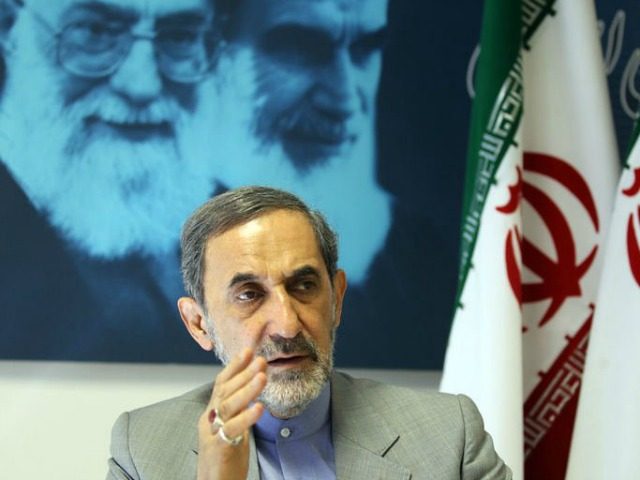An Argentine judge officially requested that Singapore or Malaysia extradite Ali Akbar Velayati, a senior adviser to Iranian Supreme Leader Ali Khamenei and a former foreign minister, for his role in orchestrating a 1994 attack on an Israeli organization.
Velayati was serving as the nation’s foreign minister at the time of the deadliest terrorist attack in the history of the Western Hemisphere before September 11, 2001. On July 18 of that year, a bomb struck the headquarters of the Argentine-Israeli Mutual Association (AMIA), killing 85 people. No one has been arrested for orchestrating the attack so far, but two decades of investigation have unveiled that senior Iranian government leaders had a hand in plotting the attack.
Judge Rodolfo Canicoba Corral issued the request to both countries, though neither has a formal extradition treaty in effect with Argentina.
Velayati is currently the head of Iran’s Center for Strategic Research and a senior adviser to Khamenei. He is one of eight Iranian nationals accused of participating in planning and executing the AMIA attack, but not among the five the Argentine government requested Interpol red alerts for. Thus, Singapore and Malaysia are not required to extradite Velayati, and adhering to Argentina’s request is an option.
Singapore has already declined the request, letting Velayati travel to Kuala Lumpur to deliver a scheduled address. In his Singapore address, Velayati urged Muslim nations to coalesce behind Iran in a regional fight against “terrorism, extremism, and Takfirism,” a derisive reference to Sunni Muslims. The speech follows a very public declaration from Saudi Prince Turki Al-Faisal, Saudi ambassador to America, that Iran actively sponsors global terrorism.
Velayati had previously dismissed claims that he planned the attack. “That Argentina cannot guarantee its internal security has nothing to do with other countries,” he said once when confronted about the bombing. “In no way are there elements linking Iranian citizens with the attack. Argentina is not in a position to interrogate the officials of an independent country.”
The extradition request follows the 22nd anniversary of the AMIA bombing and months of debate about whether the Argentine government should try those found responsible in absentia. The investigation into the AMIA perpetrators came to a grinding halt in January 2015, during the tenure of leftist President Cristina Fernández de Kirchner, when prosecutor Alberto Nisman was found dead of a bullet wound in the head the day before he was to present his findings to the Argentine Congress. Nisman was to argue that Fernández de Kirchner and her team had deliberately covered up evidence against Iranian nationals in exchange for favorable oil deals with Tehran, and had drafted an arrest warrant for the President shortly before his death.
In response to his death, which remains unresolved, the Fernández de Kirchner government attempted to rule the shooting a suicide and posthumously disparaged Nisman as a “scoundrel” who frequented the service of prostitutes.
Argentines protested Nisman’s death by the hundreds of thousands, and ultimately ended 12 years of socialist rule by electing the business friendly, pro-human rights Mauricio Macri, who vowed as a candidate to expand the investigation into the AMIA bombing and Nisman’s death.
Among Macri’s first actions as president was to annul an agreement Fernández de Kirchner had brokered with Tehran that allowed the government of Iran to investigate itself on the AMIA bombing. He attended Monday’s commemoration ceremony at the current headquarters of the AMIA, but refused to speak, remaining towards the back of the crowd to allow the relatives of the slain to receive the crowd’s attention.
Macri also set up a special unit to investigate the AMIA bombing and Nisman’s death, headed by Mario Cimadevilla, now the leader of the movement to try the suspected perpetrators in absentia. “We could spend the next twenty years arguing about whether we have a trial or not, and while we argue, impunity wins,” Cimadevilla told the newspaper La Nación on Wednesday.

COMMENTS
Please let us know if you're having issues with commenting.